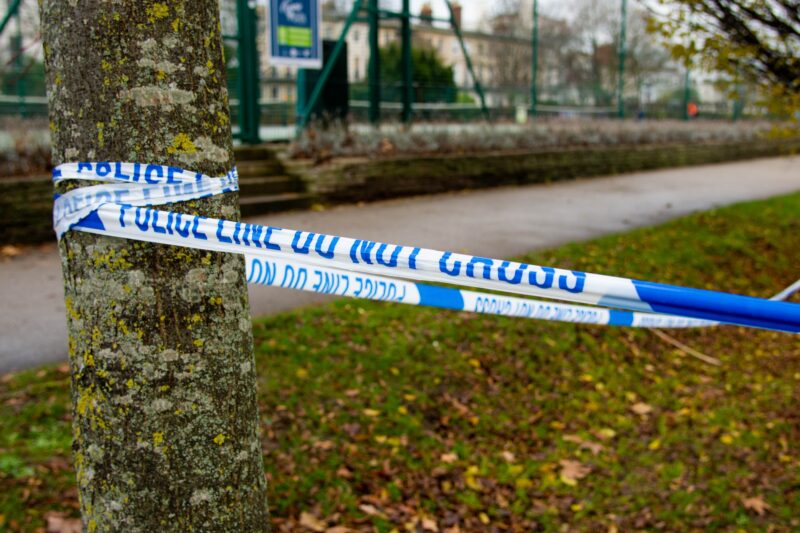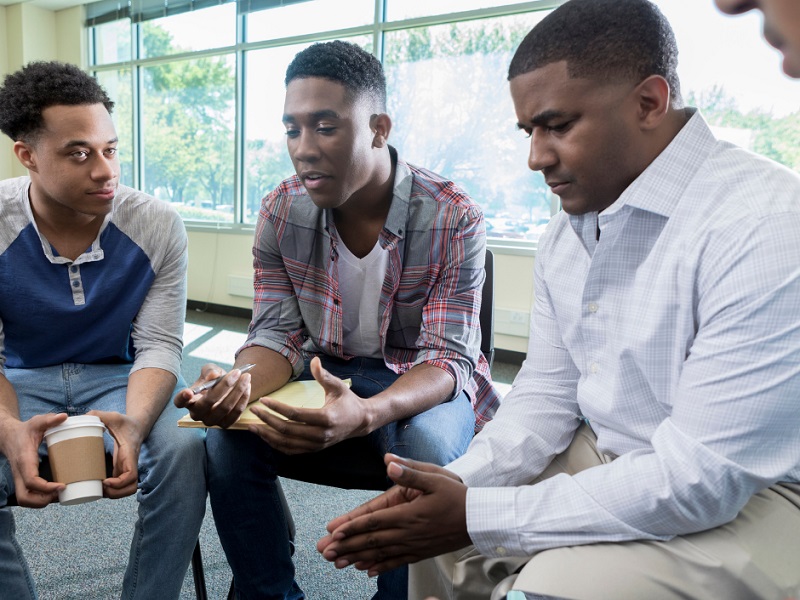Mass shootings are an unfortunate and all too common occurrence in our society, and their impact is not limited to just the immediate victims and their families. The ripple effects of mass shootings can be felt across entire communities, leaving a lasting impact on individuals, institutions, and society as a whole.
One of the most significant ripple effects of mass shootings is the emotional and psychological toll they take on survivors and family members. These individuals often experience ongoing mental health challenges such as anxiety, depression, and PTSD, which can be debilitating and long-lasting. The trauma of a mass shooting can leave survivors and family members struggling to come to terms with what has happened, and may affect their ability to function in their daily lives.
The ripple effects of mass shootings can also be felt across schools and other educational institutions in the affected community. When a mass shooting occurs in a school, the entire student body and faculty can be traumatized by the loss of their classmates or colleagues. Schools may need to close temporarily to allow students and staff to process their emotions and begin the healing process. Teachers and administrators may need to receive training in trauma-informed care and be prepared to offer support to students and their families in the aftermath of a shooting.
Businesses in the affected community can also suffer as a result of a mass shooting. In the aftermath of a shooting, tourism and consumer spending may decrease, leading to a decline in revenue for local businesses. For example, the city of Orlando, Florida experienced a significant drop in tourism following the Pulse nightclub shooting in 2016, which had a ripple effect on the entire local economy.
The ripple effects of mass shootings can also be felt on a broader scale, affecting the social and cultural fabric of the affected community. Following a mass shooting, there may be increased fear and tension in the community, particularly if the shooting was high-profile or occurred in a public place. This can lead to a sense of social isolation and a breakdown in community trust and cohesion, as individuals may feel less safe and more suspicious of others.
Mass shootings can also lead to political polarization and increased social and cultural divisions within the community. Debates and discussions about gun control and mental health policies can become highly charged and divisive, leading to further social and political unrest. For example, following the mass shooting at Marjory Stoneman Douglas High School in Parkland, Florida in 2018, there was a nationwide debate about gun control that led to significant political mobilization and activism.
The ripple effects of mass shootings can also be felt across society as a whole, particularly if the shooting is highly publicized or occurs in a high-profile location. Mass shootings can lead to a sense of collective trauma, as individuals across the country or even the world may feel a sense of fear and vulnerability following a shooting. Mass shootings can also lead to changes in public policy, as lawmakers and policymakers may be pressured to take action to prevent future incidents.
Overall, the ripple effects of mass shootings can be profound and far-reaching, affecting individuals, institutions, and society as a whole. The emotional and psychological toll on survivors and family members can be long-lasting and debilitating, and the impact on schools and local businesses can be significant. The broader community may experience increased fear and tension, leading to a breakdown in community trust and cohesion. Mass shootings can also lead to political polarization and increased social and cultural divisions, affecting the fabric of society as a whole.
To mitigate the ripple effects of mass shootings, it is important for individuals and communities to come together to support one another in the aftermath of these tragedies. Schools and businesses can take steps to provide support and resources to those affected by a shooting, and the broader community can work to rebuild trust and foster a sense of solidarity. Lawmakers and policymakers can also take action to prevent future incidents by enacting sensible gun control laws and increasing access








